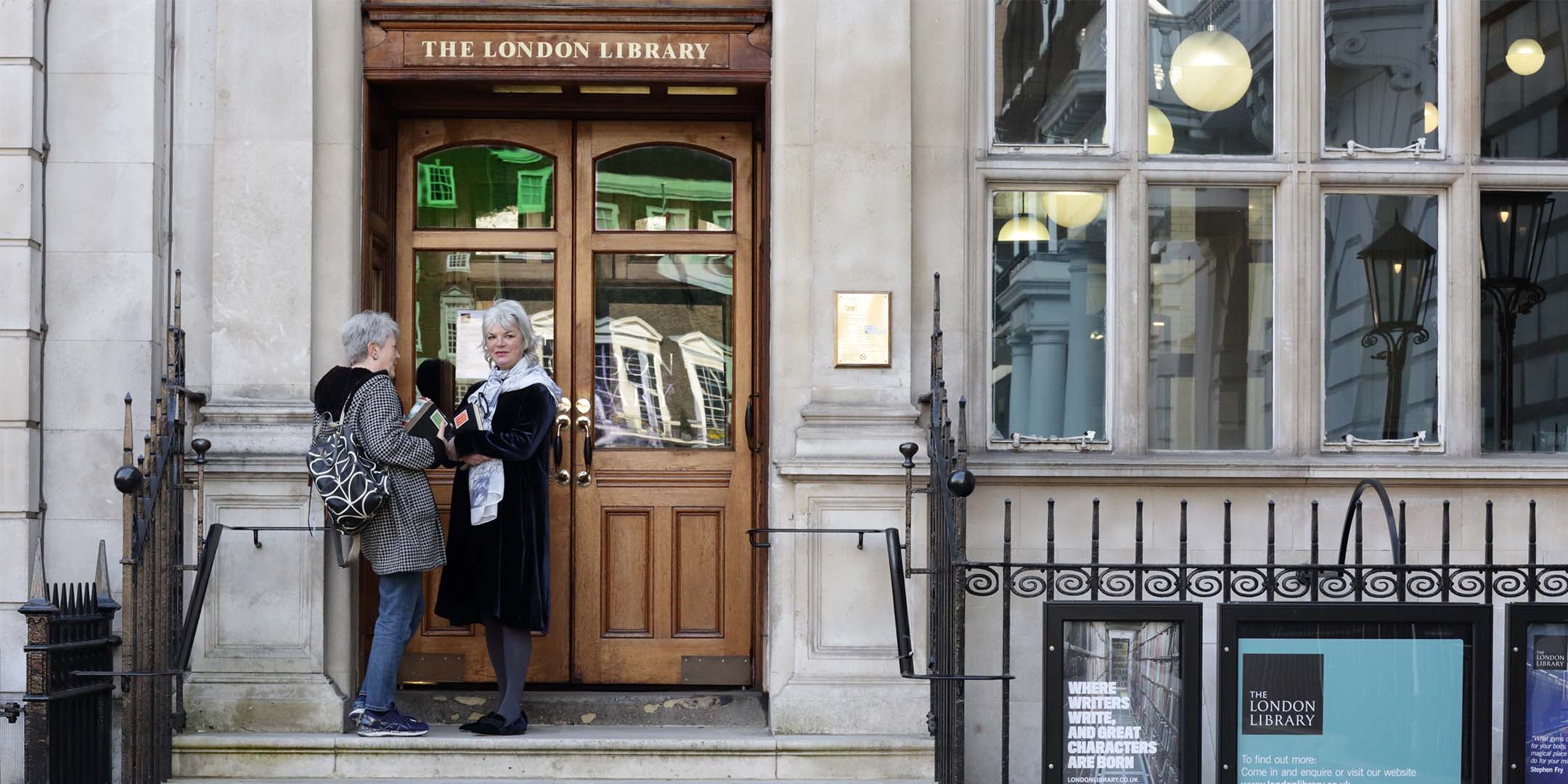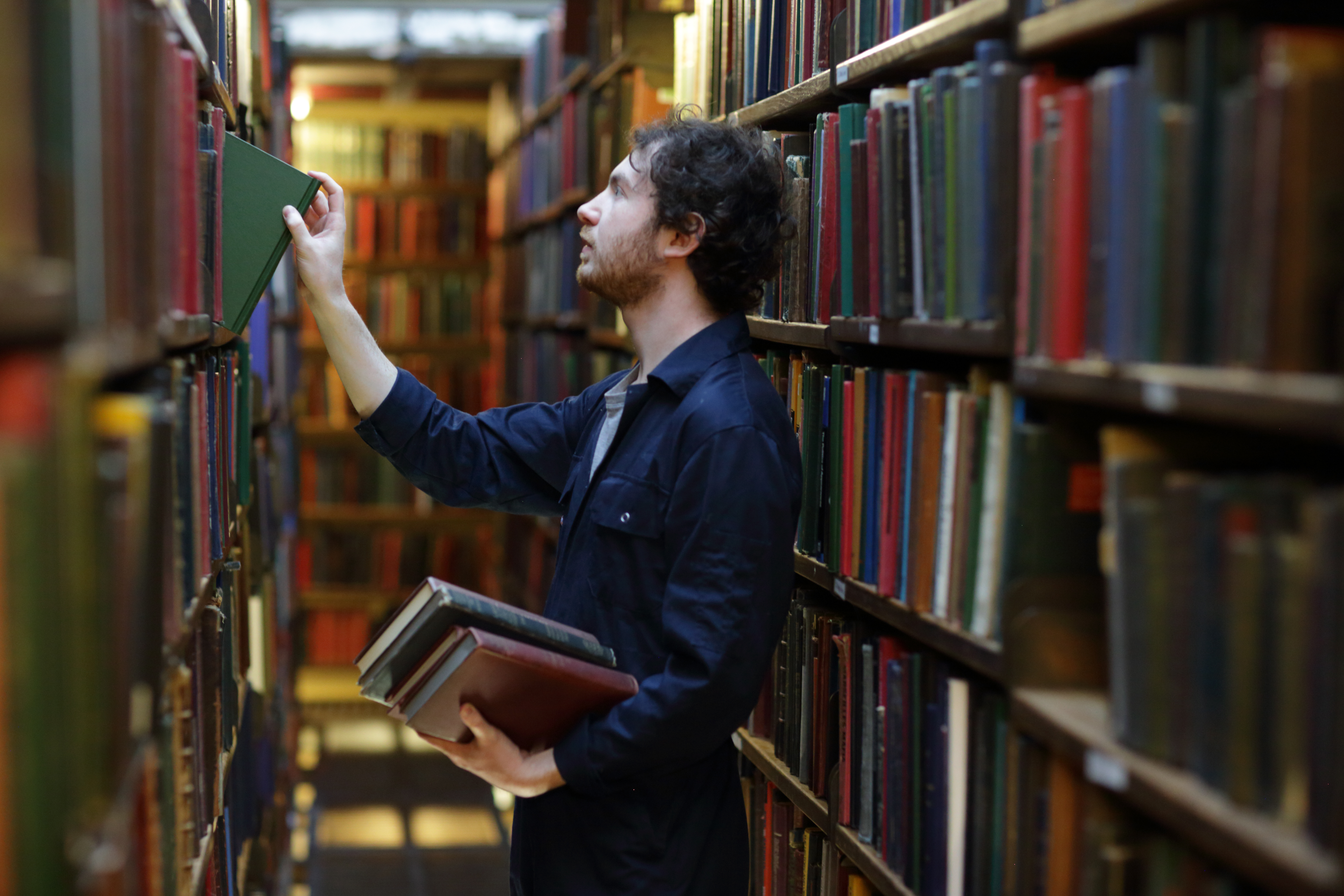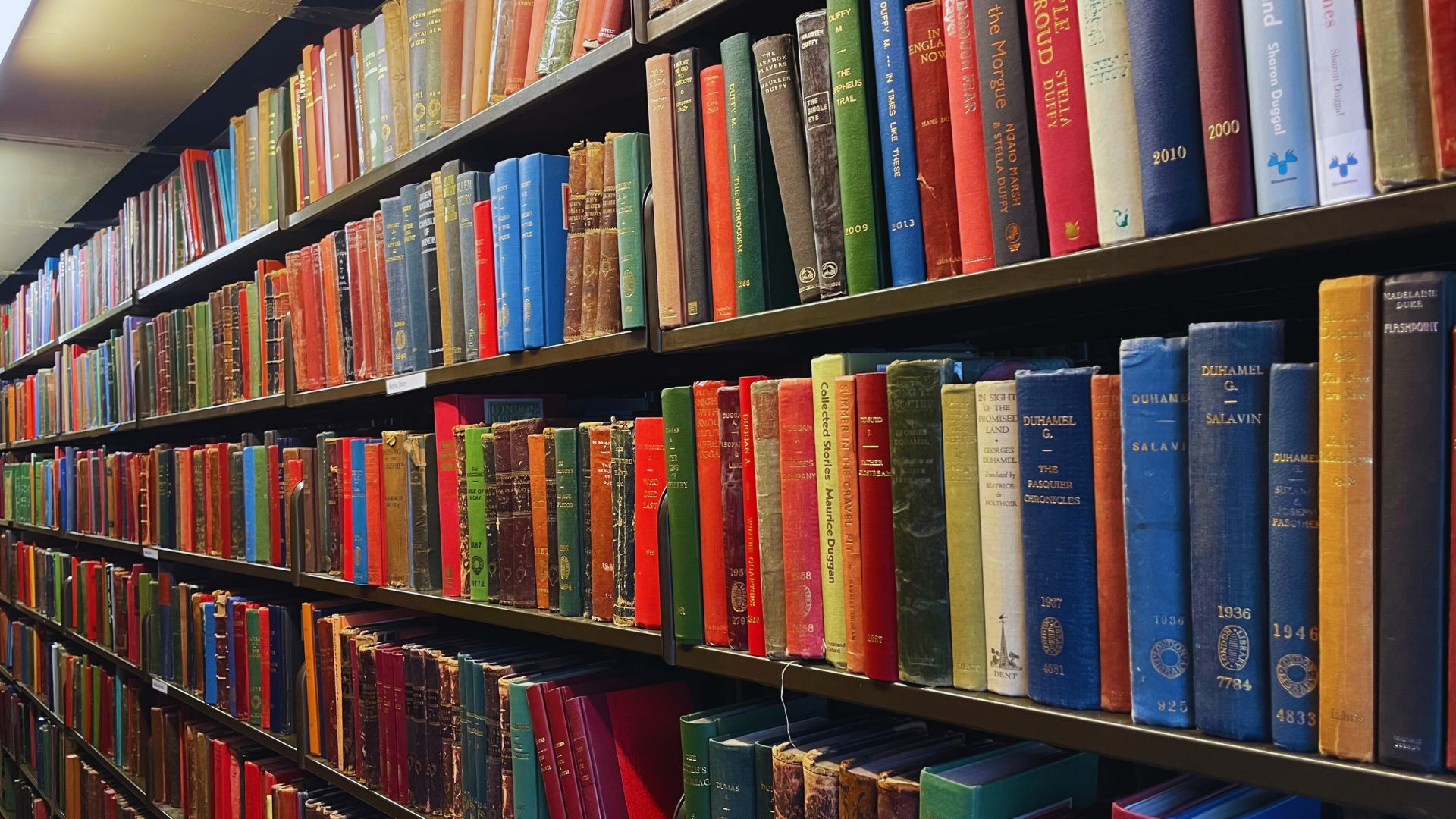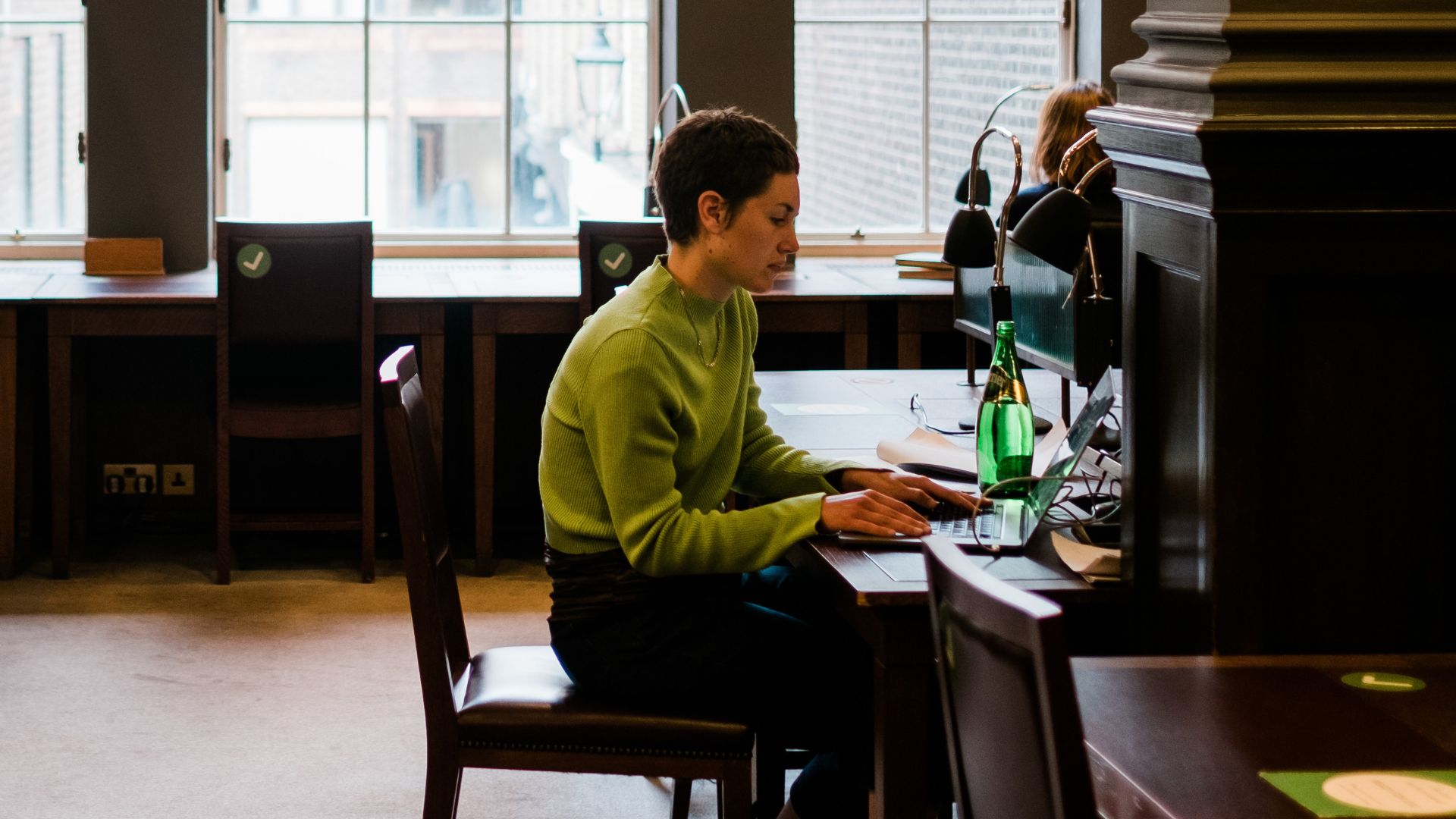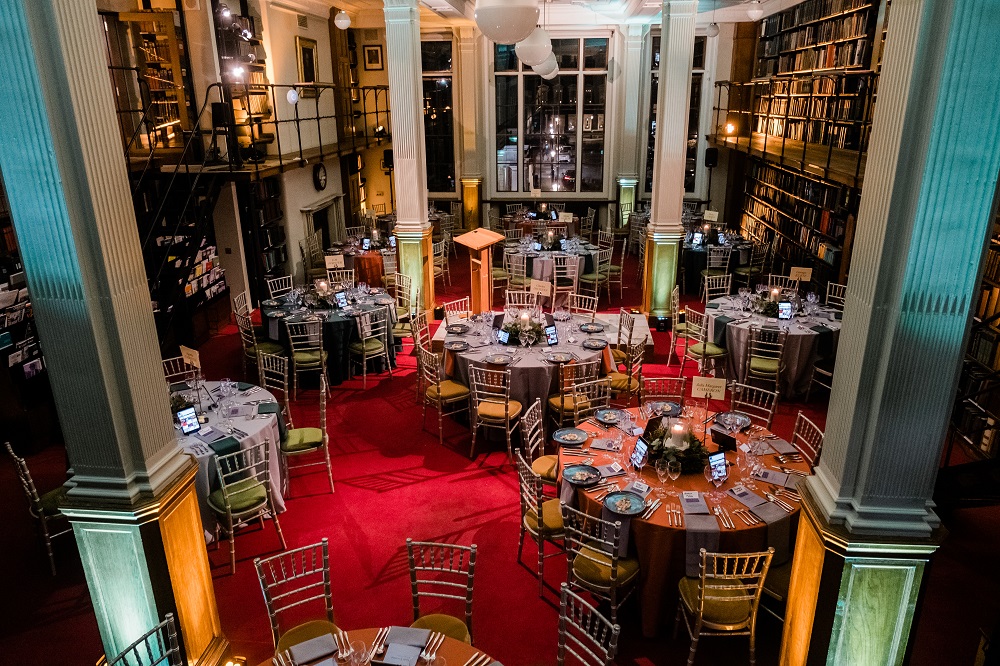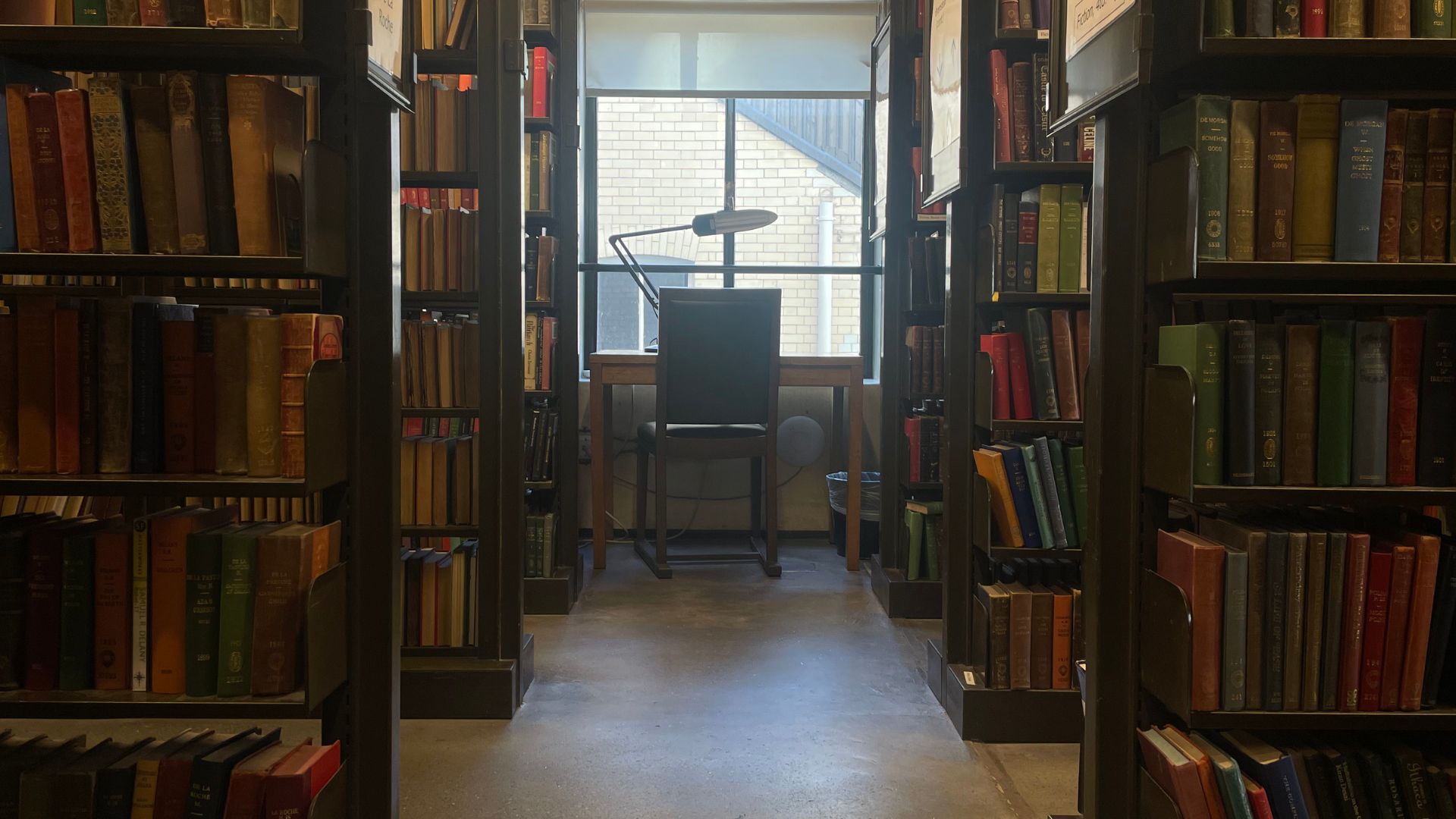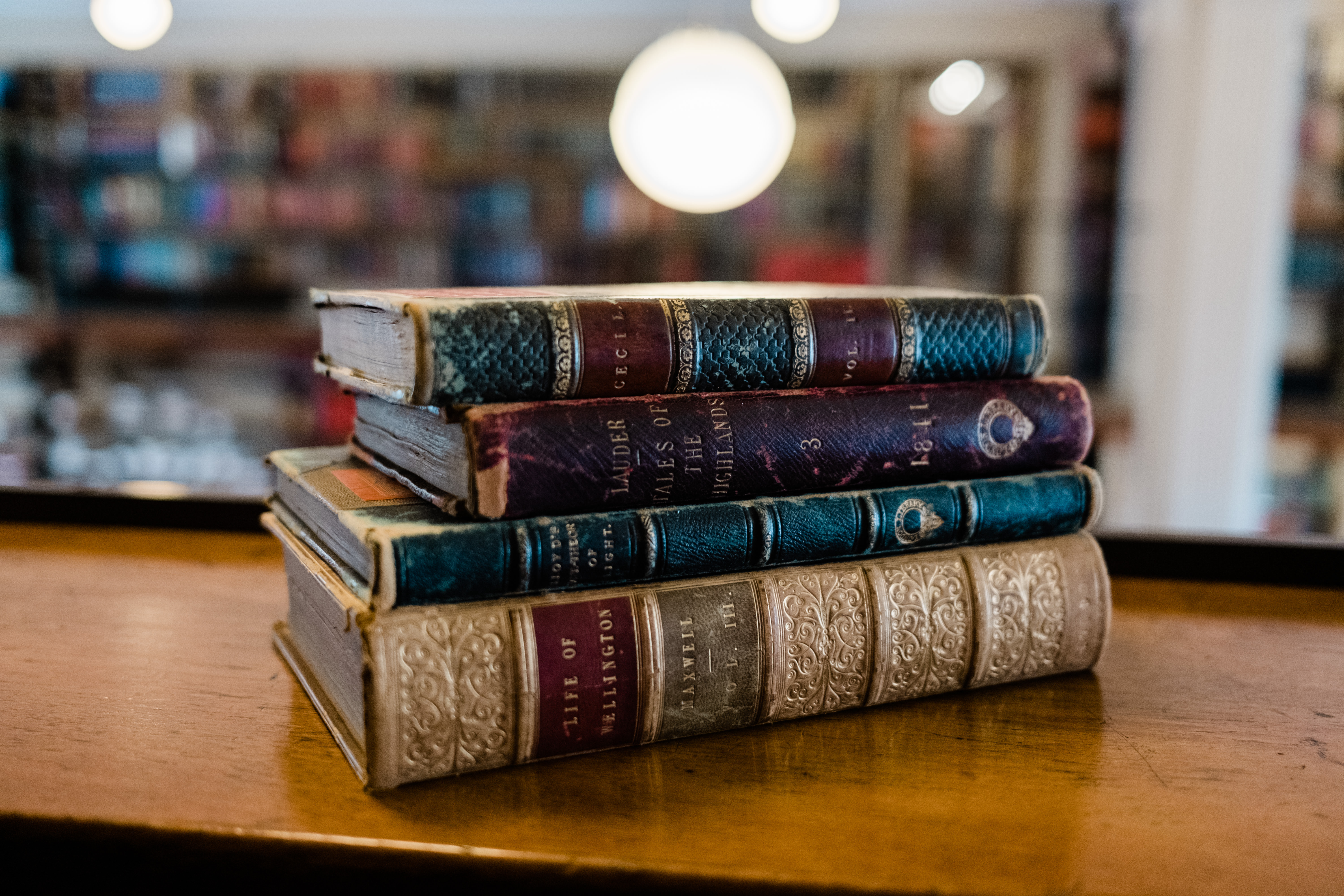Our Head of Reader Services, Helen O’Neill, provided a fascinating series of blog posts in 2012, tracing her journey into The London Library Archive. We hope you enjoy her final post for 2012 – the journey will continue in 2013!
The Victorian membership records of Henry Irving (1838-1905) and Bram Stoker (1847-1912) date from 1890. Irving is Britain’s most acclaimed Victorian actor and theatre manager who, against considerable odds, not only made it to the top of his profession but changed the perception and status of his profession in the process. Five years after joining the Library he became the first actor to be recognised with a knighthood for services to the stage. Irving’s wingman, Bram Stoker joined the Library in the year he began work onDracula. Within seven years he published his most famous literary work which has never been out of print, and which made the most breath-taking transition onto the global stage with the advent of film.
Stoker’s handwriting is a good example of the challenges involved in deciphering Victorian manuscript records. Stoker’s occupation, if you are struggling with the handwriting reads “Acting Manager Lyceum Theatre” where he was Irving’s right-hand-man for 27 years. It is perhaps no coincidence that someone intimately involved in the theatre and who worked at close quarters with an actor of Irving’s magnetism, would create a character that would enthral in a visual medium. In the year Dracula was published, Stoker’s nominee Hall Caine publishedThe Christian: the first novel in Britain to sell a million copies.
It is hard to imagine looking at these documents that either Irving or Stoker could have imagined when they dashed them off, that over a century later they would have the power to arrest and captivate in quite the way they do. Look at Irving’s description of his occupation: verve, wit, humility and pride all wrapped up in that playful, telling word “Comedian”.
Irving’s status as a national treasure is captured in an evocative piece inThe Times on October 20 1905, the day before his funeral. The piece describes the traffic being stopped at the junction of Stratton Street and Piccadilly as a large number of “humble admirers” assembled to pay their respects as a glass hearse carrying Irving’s flower covered coffin made its way, at walking pace, to Westminster Abbey. The piece records how Irving’s body had lain in state at the house of Lady Burdett-Coutts (also a member) where “all day long a silent stream of visitors had flowed slowly round the room and out again” a scene “in which gentle and simple joined in great numbers”.
In the Library’s Special Collections there is a copy of Tennyson’s playBecket. Irving died in a hotel lobby after performing in the title role of this play. His praise for the play appears on the title page, which is also signed and dated by Bram Stoker. The play, annotated throughout, was donated to the Library in 1937 by N.T. Stoker. It is an eloquent example of how the collections have been shaped and enriched by past members and it demonstrates how a connection to the library, once made, can spread across generations within the same family. Taken in conjunction with the membership records of Irving and Stoker it reflects the relationship not only between the archive and the book collection, but between the Library and the cultural life of the nation.
One last membership record before finishing: from 1894 the joining form of Constance Wilde. Notice her “occupation or position” is given as “Wife of Oscar Wilde Esq”. Within a year Oscar would be in jail and the family home at Tite Street along with all its contents auctioned off. My experience with the membership records to date tells me that wives often turn up in the records after their husbands, so if I come across Oscar while I continue pincher-action on the Victorian records, you will be the first to know.
Next time: John William Waterhouse and George Frederic Watts lead the charge as the artists and illustrators sweep in.
© Helen O’Neill

